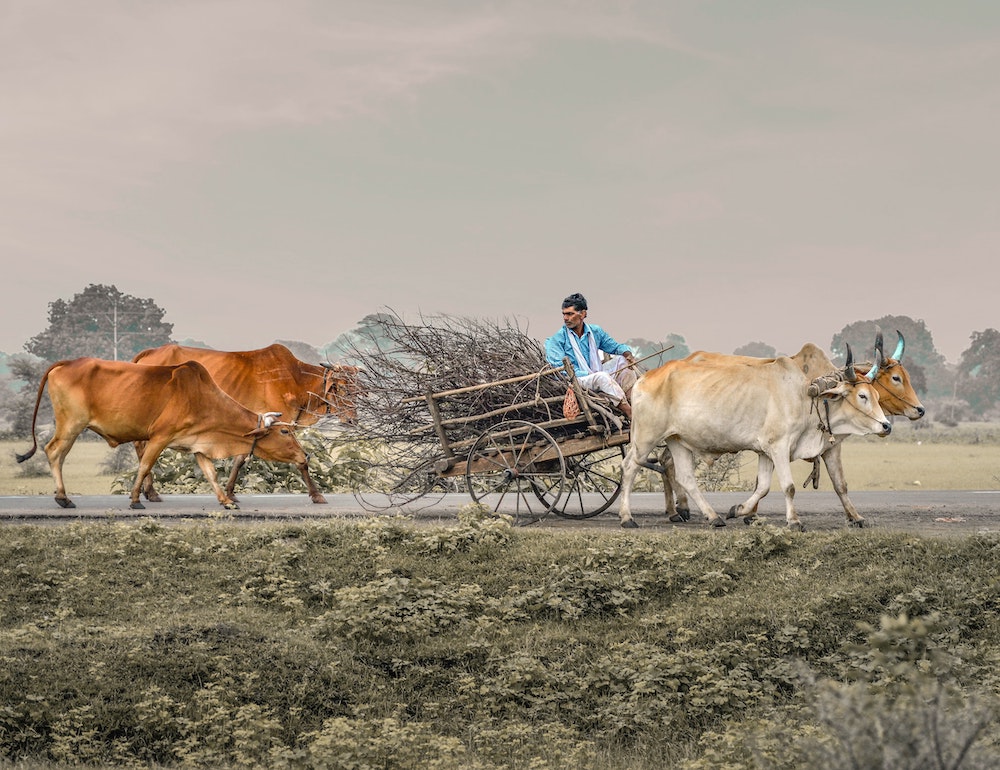ImpactAlpha, August 27 – By 2030, India will be home to more than 1.4 billion people who will collectively spend $1.6 trillion annually on food. City dwellers will outpace the rural population. A quarter of Indians will be part of the upper-middle class, demanding not only more protein in their diets, but more meat.
For India to feed its population sustainably, agriculture has to become profitable enough to sustain India’s 130 million smallholder farmers and farms have to become more climate-resilient, writes impact investor Omnivore in a new report.
The report, “The Future of Indian Agriculture & Food Systems: Vision 2030,” outlines eight trends driving agrifood investing in India.
High-tech and automated
Cheap accurate remote sensing (from satellites or drones), better artificial intelligence, near-universal access to the Internet and reliable connectivity will bring small farms online, “sensing and communicating their vitals of weather, nutrients, moisture, and crop health, as living breathing systems.” Pay-as-you-go robotics and precision farming equipment will enable “true and deep automation of farm activities,” compensating for India’s shrinking rural population and agriculture labor force.
Virtual consolidation
Startups and government programs in India have begun connecting farmer identities, climatic models and retail data into a “composite map of the agricultural ecosystem.” Omnivore says the information platform is enabling private players to offer farmers customized products like insurance and credit. As smallholders increasingly become part of formal farming collectives, companies like ViridisRS are working to ensure the transition is inclusive of women farmers, many of whom remain excluded from land titles and land control.
Tech-enabled meat
India is not as “vegetarian” as many people think, and its growing consumer class wants meat, not “meat alternatives.” By 2050, meat consumption is expected to nearly double from 2000 levels; increased poultry and seafood consumption will lessen the environmental impact, compared to livestock. Insect-based feeds from Protix or Ynsect improve recycling of agricultural waste. Humane animal husbandry will be supported by new technology, like Stellapps, which monitors dairy cows and milk production.
“Philosophy of optimism”
The report also predicts that India will make a “quantum leap” in biotechnology; farmers will be better connected to both global and local consumers; agricultural training will adapt to draw and retain young people in the agriculture sector; high-value produce will become more specialized and localized; and food science will become consumer-centric.
Omnivore’s team acknowledges that its predictions are optimistic. “Assumptions we have made could prove wrong,” the report notes, as “more than just technological disruption driven by the private sector” is needed; social, gender and environmental justice issues too are “critical pillars of agricultural and societal progress, and areas where India must make giant leaps in the coming years.”











